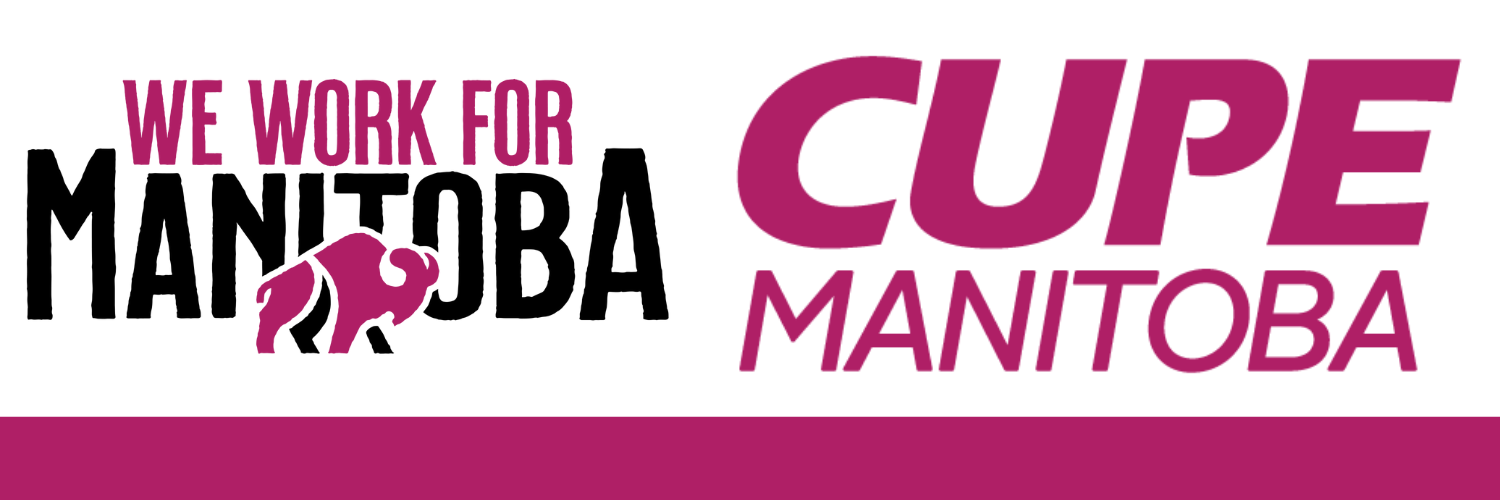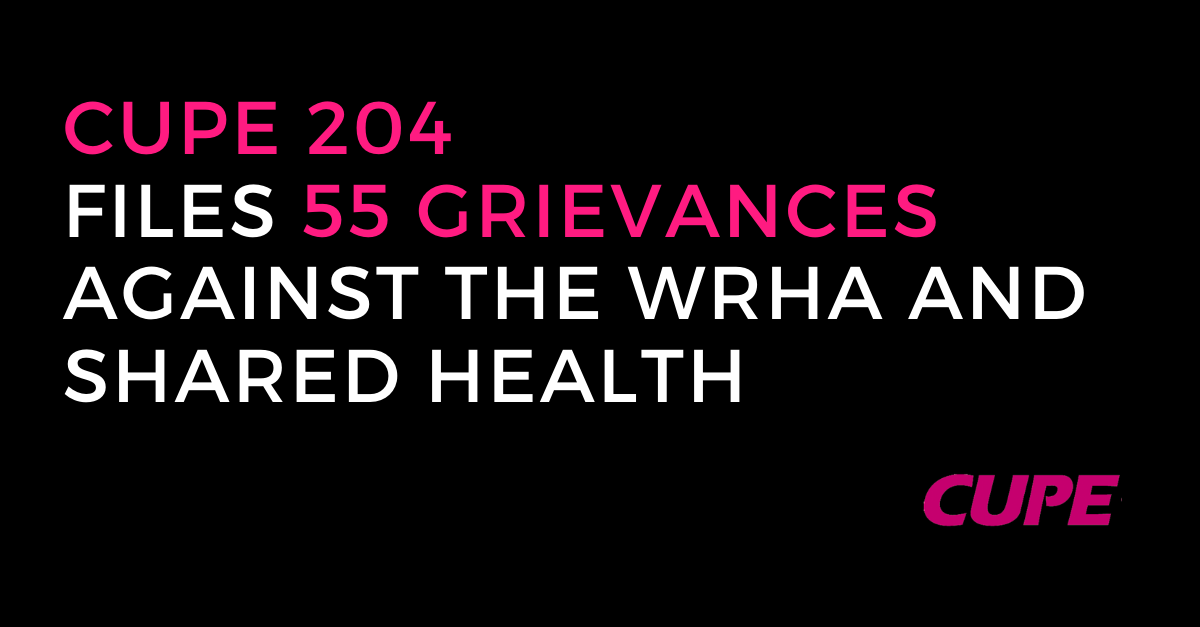Front-line health care support staff cite inconsistent provision of PPE
WINNIPEG – Seven months into a global pandemic, and many front-line health care support staff in Manitoba are still fighting for adequate personal protective equipment (PPE) to keep themselves and the people they care for safe, says CUPE.
“Hospitals, long-term care homes, and home care employers are inconsistent in the provision of adequate PPE to support staff on the front-line in the fight against COVID-19,” said Debbie Boissonneault, President of CUPE
Local 204, representing 14,500 health care support staff within the WRHA and Shared Health. “We are hearing from support staff across the city who are being denied or having to argue for protective equipment.”
On Monday, October 19th, CUPE 204 filed policy grievances at fifty-five health care facilities across the WRHA and Shared Health, citing the inconsistent provision of N95 masks to support staff working with COVID-19 positive patients, residents, or clients. In some cases, face shields are no longer being provided.
While health officials cite that N95’s will only be given in circumstances where aerosol transmission of the virus could be present, CUPE contends that health care support staff work closest with patients and residents, including bathing, feeding, and cleaning them, and that safety should be automatic.
Grievances include Middlechurch Home of Winnipeg, Misericordia Health Centre, and Golden West Centennial Lodge, all of which declared outbreaks of COVID-19 yesterday.
“In some facilities, health care aides have to beg to be provided appropriate PPE before working with
COVID-positive community members,” said Boissonneault. “We believe if a health care worker is assigned to a COVID unit, resident, or client they should be automatically provided every possible protection available without delay or resistance.”
Grievances were also filed on behalf of home care workers, many of whom have still not been fitted for N95 masks. Some are also not being provided information on whether their client is COVID positive or awaiting testing.
“Home care workers have been working incredibly hard to support their clients, but they are being treated like their health and safety are second-tier to the rest of the health care system,” said Boissonneault. “These workers visit very vulnerable Manitobans, and we need to make sure both the worker and the community member are protected.”
Home care workers also have very little “sick time” available if they are asked to self-isolate. While the new Federal sick time program will be helpful, it will not go far enough to cover a 14-day self-isolation period.
“We need government and employers to step up and keep all health care support staff safe…period,” said Boissonneault. “We have seen what can happen if we are not taking every measure to protect staff and residents, and we need action now.”
These grievances were submitted at the start of Manitoba’s Health Care Support Workers’ Recognition week, a week usually declared to celebrate the commitment of Manitoba’s health care support staff.

